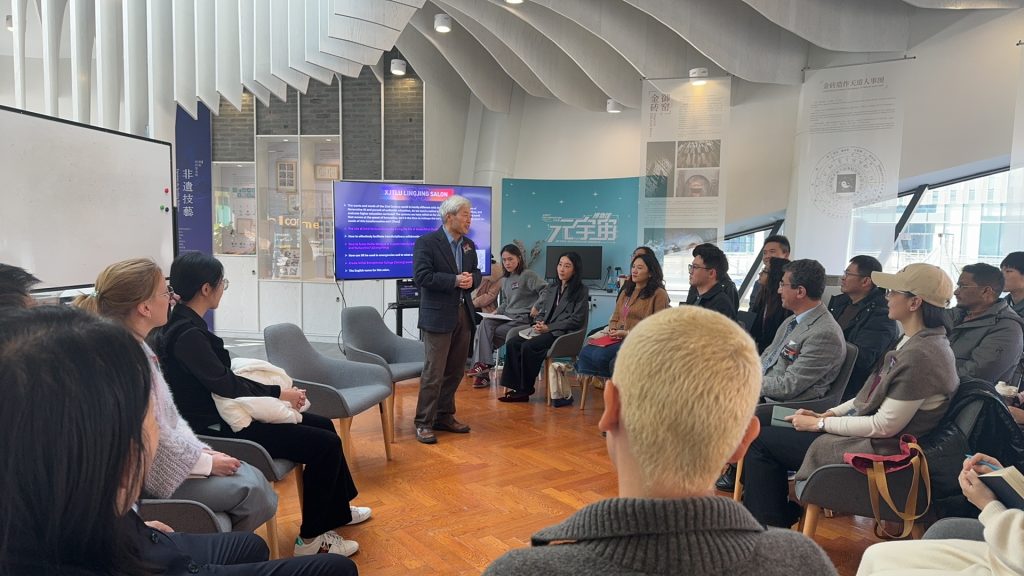24 Dec 2024
The inaugural session of the Lingjing Salon at Xi'an Jiaotong-Liverpool University (XJTLU) took place on 16 December 2024 at X-Bar on the South Campus. The event brought together thought staff and students for a dynamic exchange on some of the most pressing issues in education, innovation, and global collaboration.
Hosted by Professor Youmin Xi, Executive President of XJTLU, and Professor Qian Liu, Dean of the Academy of Film and Creative Technology, the session generated valuable discussions on key topics, including education reform, interdisciplinary collaboration, AI's role in future education, practice innovation, globalisation, and international cooperation.
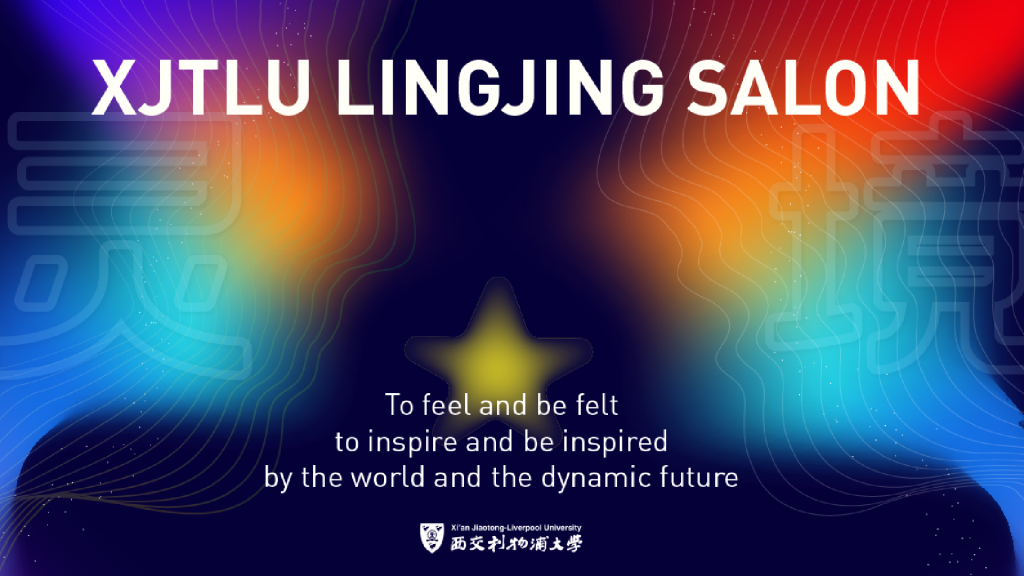
Education reform: rethinking higher education for the 21st century
The rapid pace of technological advancement, particularly with the rise of generative AI, has questioned the relevance of traditional educational models. At the heart of the discussion on education reform was the idea that the current higher education system, built on centuries-old principles, no longer meets the needs of today's fast-changing world.
"The education system we've relied on for centuries is outdated in a rapidly changing world. Shouldn't we reconsider its structure to address society's needs?" one participant remarked, highlighting the issue's urgency.
In this context, education reform was framed as a shift from "knowledge transmission" to "skills cultivation", particularly fostering innovation, interdisciplinary, and soft skills. Participants emphasised the need for education to impart knowledge and foster problem-solving abilities and social adaptability. One participant noted that Emotional Intelligence (EI) is crucial for students to manage relationships and thrive in an increasingly complex world.
The host suggested diversifying educational models is crucial for transforming the education system. Success should not be measured solely by certificates or degrees but by students' personalised growth. XJTLU's educational exploration aims to create an interest-driven, personalised system encompassing the entire education chain—from basic to vocational, applied university education and more—offering lifelong learning, whole-person education and innovation solutions to society.
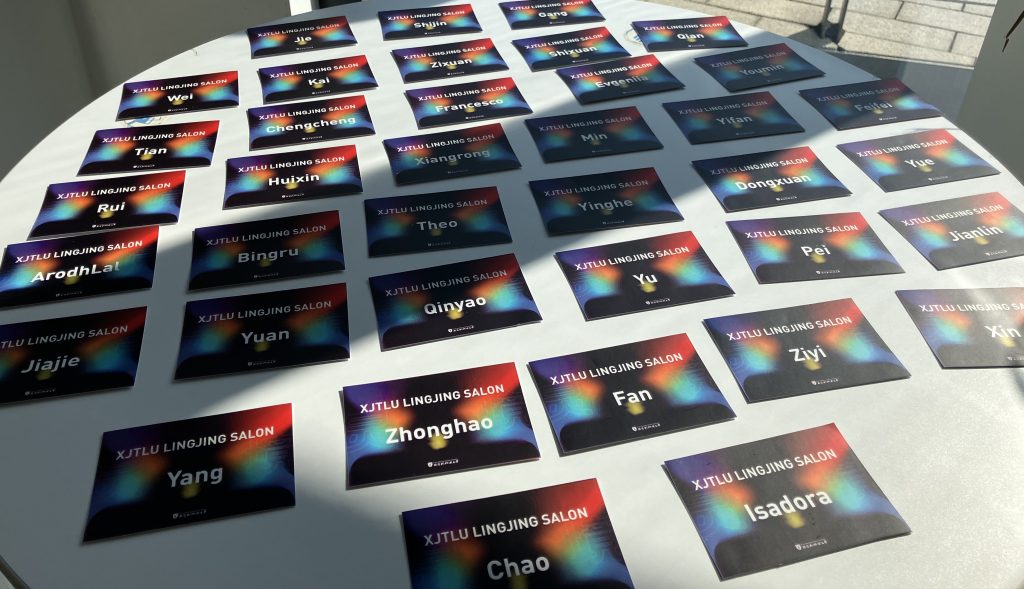
Interdisciplinary collaboration: breaking down barriers for innovation
A core theme throughout the session was the importance of interdisciplinary collaboration. Participants agreed that solving complex modern problems requires bridging knowledge gaps across different fields. One participant emphasised, "Interdisciplinary collaboration is key to solving complex problems and driving knowledge innovation."
However, interdisciplinary efforts often face challenges, especially within academia, where traditional evaluation systems tend to favour specialisation over cross-disciplinary work. "I'm often asked, 'Which field do you belong to?' This struggle with identity is still significant in academia," shared one researcher, reflecting the tension many interdisciplinary scholars face.
To overcome these challenges, the session's participants called for a more open-minded approach to academic evaluation and a rethinking of how knowledge is classified. They discussed that the future of education should focus not just on combining disciplines, but on creating a truly interdisciplinary ecosystem that supports diverse learning experiences. Providing students with opportunities to learn across fields nurtures innovation and a global perspective essential for societal and industrial development. Also, mindset or mentality is the foundation for dealing with this UACCS (uncertainty, ambiguity, complexity, changeability, scarcity) world. AI can enhance interdisciplinary education by advancing cognitive abilities and preparing students for the future.
An XJTLU Entrepreneur College (Taicang) student shared an example of interdisciplinary collaboration. Their team, comprised of students from various academic backgrounds, had successfully developed innovative cultural and creative products. This project highlighted the immense potential of interdisciplinary work in expanding students' practical skills and fostering real-world applications of their learning.
The role of AI in future education: a transformative force
AI was another central topic at the Lingjing Salon, with participants noting its growing role in education. AI is reshaping how students interact with educational content, from personalised learning to automated assessments. One participant stated, "AI improves teaching efficiency and offers real-time feedback, helping students better understand the material."
The host pointed out that while AI has already started to enhance educational processes, it should be seen as more than just a tool for efficiency. Instead, AI's potential lies in transforming education by blending human and machine intelligence to create what the host termed "Syntegrative Wisdom". Combining the best of both worlds could provide students with a more advanced, personalised learning experience.
Another discussion highlighted the potential of the metaverse in education, suggesting that immersive virtual environments could offer new ways for students to engage with content. By combining virtual and real-world experiences, the metaverse could help students collaborate across geographical boundaries, enhancing global learning experiences.
Innovation and practice: moving beyond theory
A key takeaway from the Lingjing Salon was the importance of fostering innovation through practical experience. The session highlighted that innovation is not just about theoretical knowledge but about providing students with hands-on opportunities to tackle real-world problems. One participant emphasised, "Students must engage in hands-on projects to gain practical problem-solving experience."
The host suggested that higher education must shift from a knowledge-driven model to a problem-driven one. By integrating industries, education, research, and government, universities can create innovation ecosystems that allow students to collaborate on real-world challenges. This approach would enhance students' practical skills and contribute to sustainable societal development.
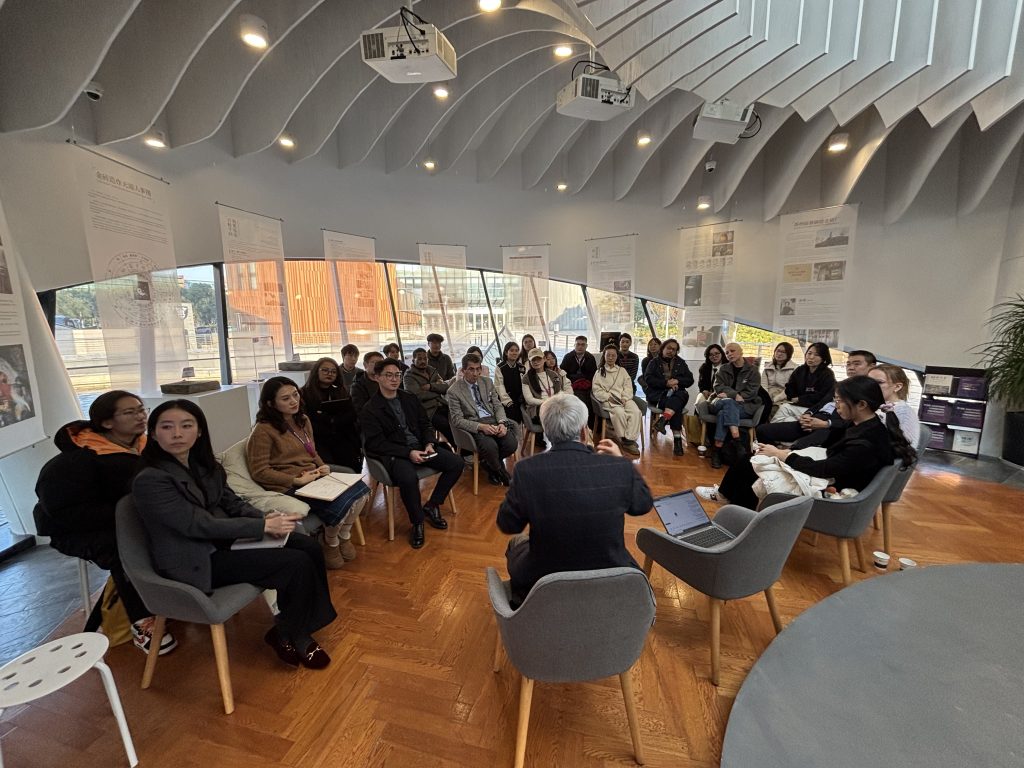
Globalisation and international cooperation: challenges and opportunities
In today's globalised world, international cooperation in education is crucial, but geopolitical tensions have complicated this dynamic. The session explored how joint-venture universities can offer students a broader international perspective and facilitate cross-cultural exchange, helping to prepare them for future global challenges.
One participant, a student from the School of Humanities and Social Sciences, spoke about the upcoming 5th China-America Student Conference. This event aims to foster mutual understanding between students from both countries through direct engagement. The student explained that such international exchanges provide insights into cultural differences and create valuable interpersonal networks for future collaboration.
The host concluded that the future of education lies in creating a personalised, lifelong learning ecosystem supported by technologies such as AI and the metaverse. This ecosystem would provide global learners with diverse learning paths and platforms, promoting international cooperation and contributing to global sustainability.
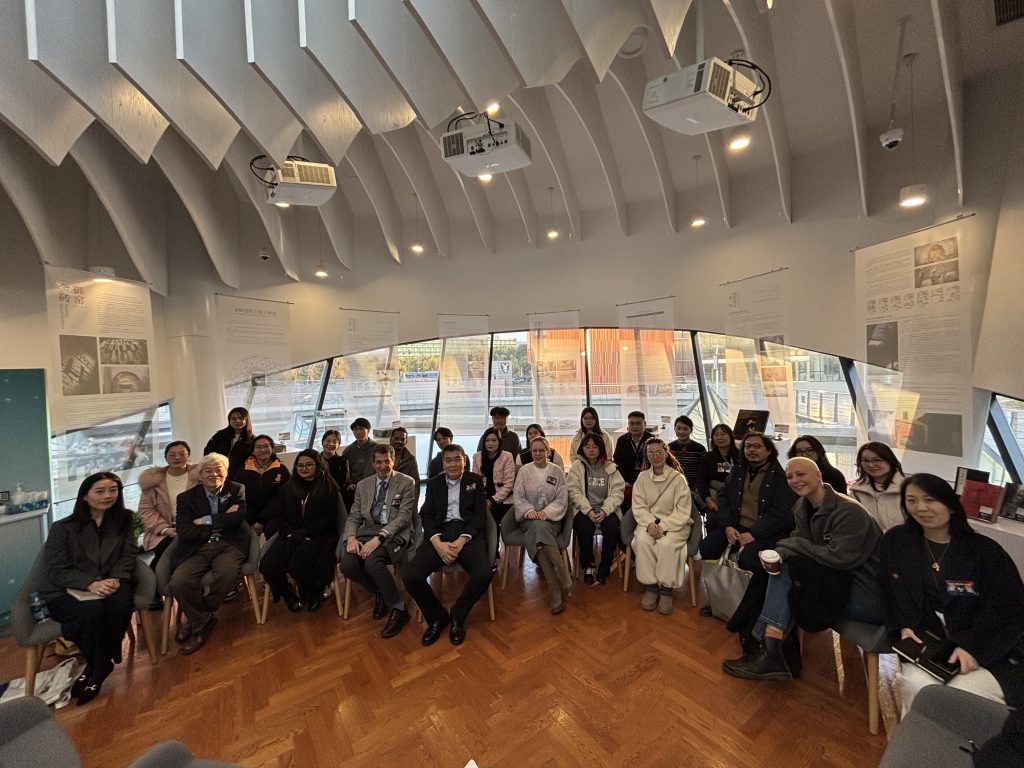
The Lingjing Salon: a space for curiosity and exploration
As the session concluded, participants deliberated on the English name for the Lingjing Salon. After considering several suggestions, it is decided to retain the original Chinese name, "Lingjing", for consistency with its Chinese name and meaning "灵境"——A vast new field brimming with curiosity and exploration, a space for free expression and boundless imagination—the very source of inspiration.
The Lingjing Salon's inaugural session proved to be a stimulating gathering, with participants expressing surprise at how enriching face-to-face, cross-disciplinary conversations can be. The diversity of perspectives sparked multidimensional thinking and highlighted the immense potential for innovation and collaboration in higher education.
Provided by Feifei Zhu
Edited by Wenzhen Li
Photos courtesy of Feifei Zhu
24 Dec 2024









